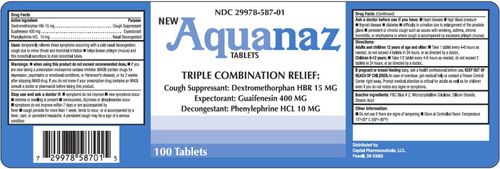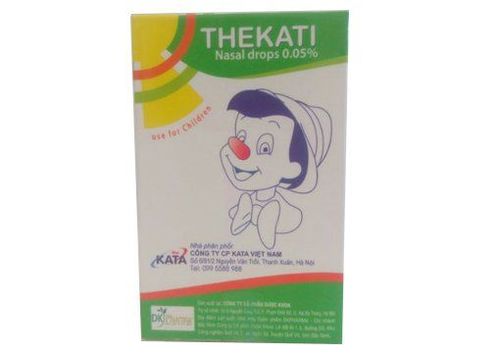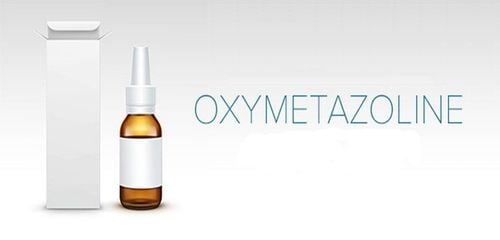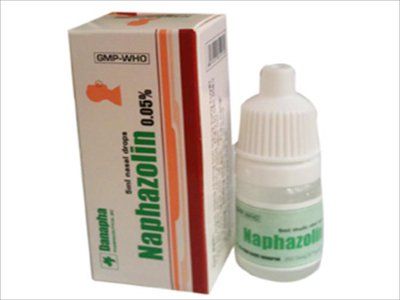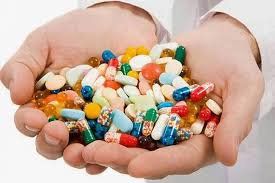This is an automatically translated article.
The article was professionally consulted by Pharmacist Hoang Tra Linh - Vinmec Da Nang International General Hospital.Nasal vasoconstrictor has the effect of causing local vasoconstriction, thereby reducing swelling, congestion and bleeding, helping the stagnant fluid in the nasal cavity and sinus cavity to drain faster, making the nose open and clear. breathe easier. It is used for runny noses caused by allergies, sinus irritation, or the common cold.
1. Classification of vasopressors
A decongestant vasoconstrictor is a sympathomimetic stimulant that acts as a vasoconstrictor by reducing swelling and congestion when acting on the mucous membranes. At the same time, the drug causes constriction of smooth muscle cells of the vessel wall, causing the blood vessels to constrict, narrow, slow blood circulation and increase pressure on the vessel wall, causing an increase in blood pressure.
Nasal vasoconstrictors are divided into 2 main groups:
vasopressin analogues (vasopressin, desmopressin, terlipressin...) Alpha-adrenergic agonists group (Epinephrine, norepinephrine, phenylephrine...). In addition to the 2 main groups, there are a number of other drugs that also cause vasoconstriction such as: antihistamines, caffeine ...
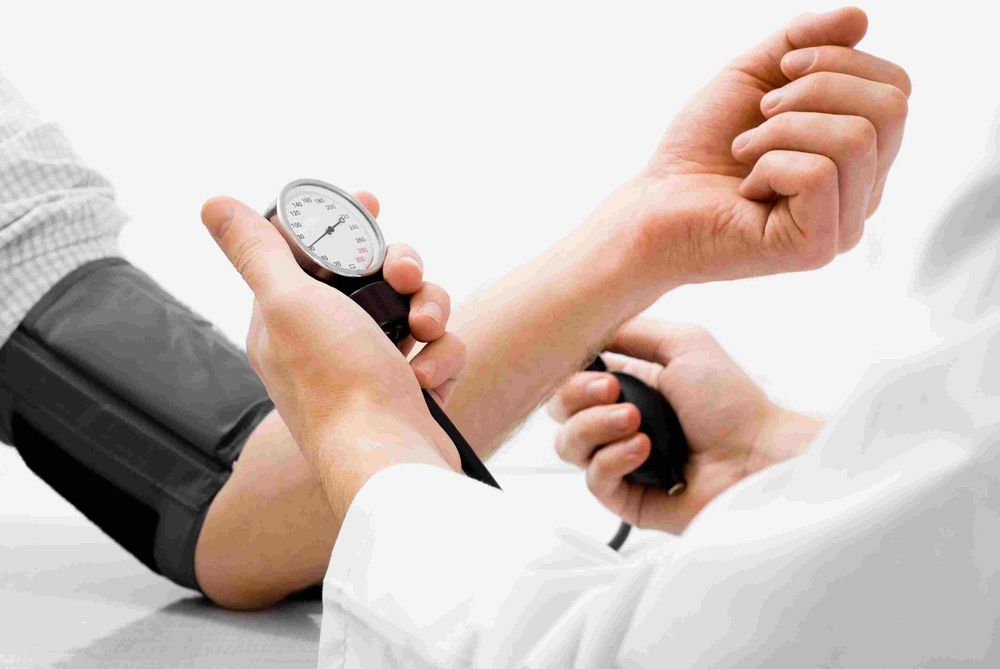
Lạm dụng thuốc co mạch điều trị nghẹt mũi có thể gây tăng huyết áp
2. Nasal vasoconstrictors
Epinephrine (adrenalin) is a catecholamine-type sympathomimetic neurotransmitter. When entering the body, epinephrine has the effect of causing vasoconstriction, increasing blood pressure, increasing heart rate, relaxing bronchial smooth muscle. Norepinephrine (noradrenalin) is a catecholamine-type sympathomimetic neurotransmitter, similar to epinephrine. When entering the body, norepinephrine also has a vasoconstrictor effect and at the same time increases blood pressure. Vasopressin is an antidiuretic hormone secreted by the pituitary gland but now synthesized. Once in the body, vasopressin causes vasoconstriction, increased blood pressure and reabsorption of water in the kidneys. Phenylephrine is a longer-acting sympathomimetic than adrenaline, causing vasoconstriction and an increase in blood pressure. Xylometazolin is a sympathomimetic agent that acts on alpha-adrenergic receptors in the nasal mucosa, causing local vasoconstriction in the nose, thus reducing nasal congestion.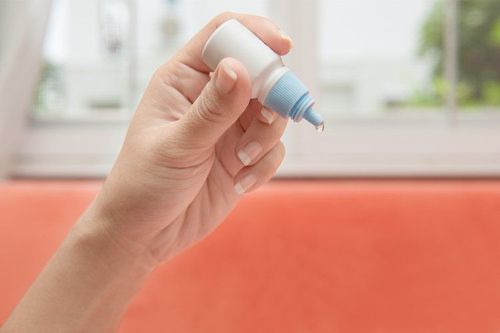
Tìm hiểu kỹ trức khi sử dụng thuốc co mạch sao cho phù hợp
3. Application of vasoconstrictor drugs in treatment
Vasoconstrictor nasal drops are used to relieve symptoms and relieve congestion in cases of acute or chronic rhinitis, sinusitis, colds, colds or allergies (as vasoconstrictor nasal drops or sprays). nose). The vasoconstrictor effect for nasal congestion is reached within 10 minutes and lasts for about 2-6 hours.
Vasoconstrictors combined with local anesthetics for the purpose of prolonging the effect of the anesthetic (adrenaline combined with lidocaine will prolong the duration of action)
Vasoconstrictor drugs such as adrenaline, noradrenalin. .. is used emergency in the case of circulatory disorders due to anaphylaxis, shock caused by infection. The vasoconstrictor drugs (ephedrine, phenylephrine) have the effect of constricting blood vessels, so they work to temporarily reduce the symptoms of swelling, pain, and burning in the irritated anal area in people with hemorrhoids.
Vasoconstrictor drugs with hemostatic effect in surgery such as vasopressin, desmopressin.

Tham vấn hướng dẫn của cán bộ y tế trước khi sử dụng thuốc co mạch
Need to be careful with vasoconstrictor nasal drops
The following cases do not use vasoconstrictor to treat nasal congestion are infants, people with glaucoma. Vasoconstrictor nasal drops should not be used in children under 6 years of age. If necessary, use 0.025% solution and be very careful as directed and monitored by the physician. Only 0.05% solution is used for children under 12 years of age when directed and supervised by a physician. Do not use vasoconstrictor nasal drops repeatedly and continuously to avoid severe congestion again. When using nasal drops for 3 consecutive days does not help, the patient should stop taking the medicine and see a doctor. Cautions with other vasopressors:
Vasoconstrictors can cause side effects such as increased blood pressure, nervous tension, tremor, insomnia. Do not use vasoconstrictor drugs for people with high blood pressure, diabetes, prostate cancer ... Most of the vasoconstrictor drugs are prescription drugs. prescribed and closely monitored by specialist physicians. When using vasoconstrictor drugs should not be used for more than 7 days because if abused, it is easy to cause "drug tolerance", the drug is not effective anymore, and even causes chronic inflammation of the nasal mucosa which is difficult to treat. On the other hand, the drug not only has a local effect but also penetrates the mucosa into the blood causing systemic effects, so it is not recommended to use high doses for a long time.
Please dial HOTLINE for more information or register for an appointment HERE. Download MyVinmec app to make appointments faster and to manage your bookings easily.




